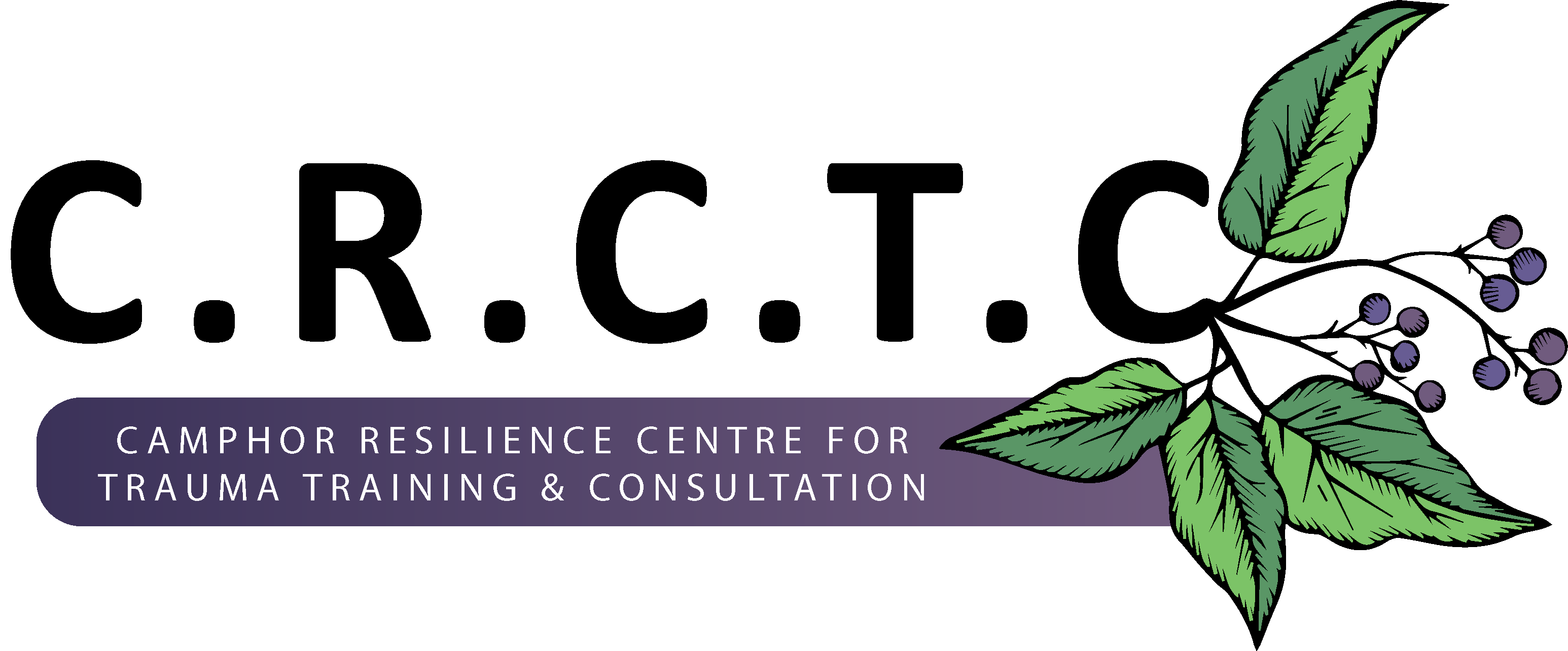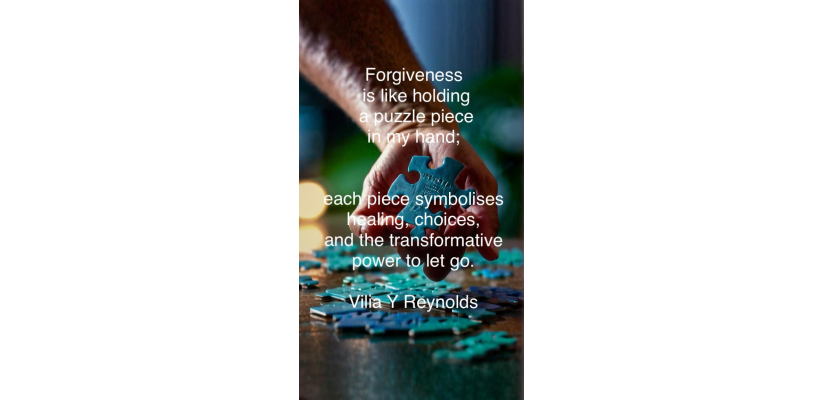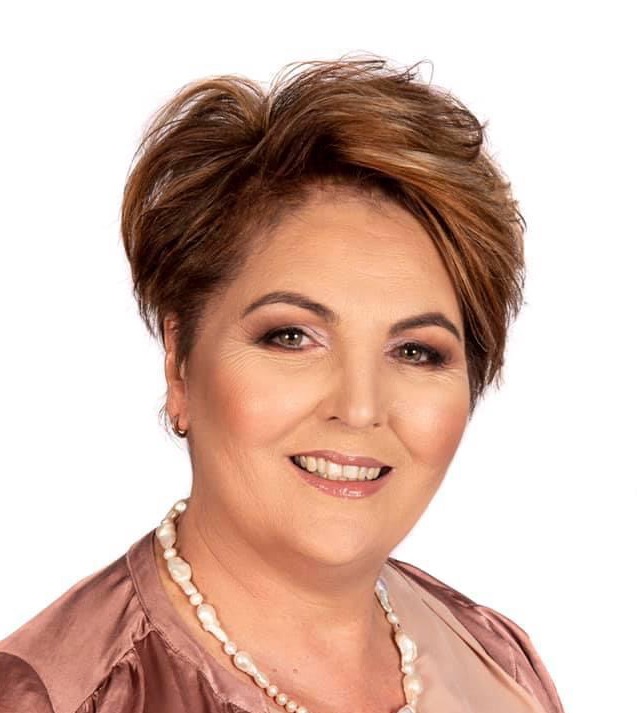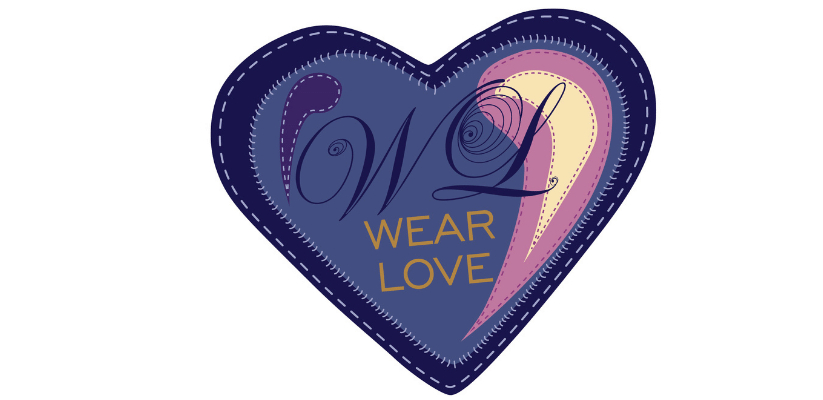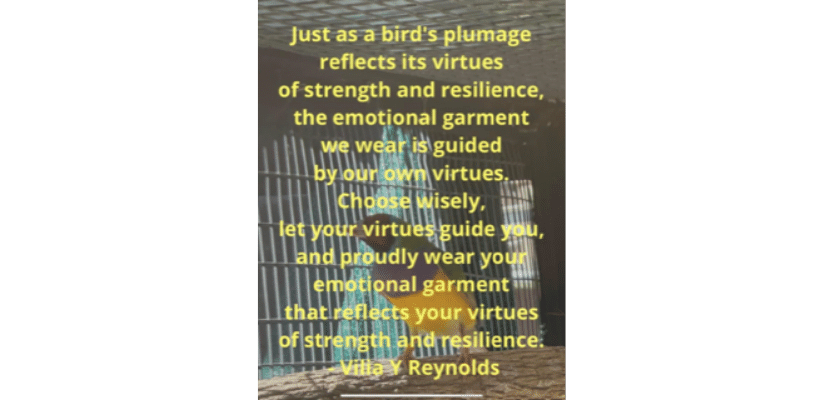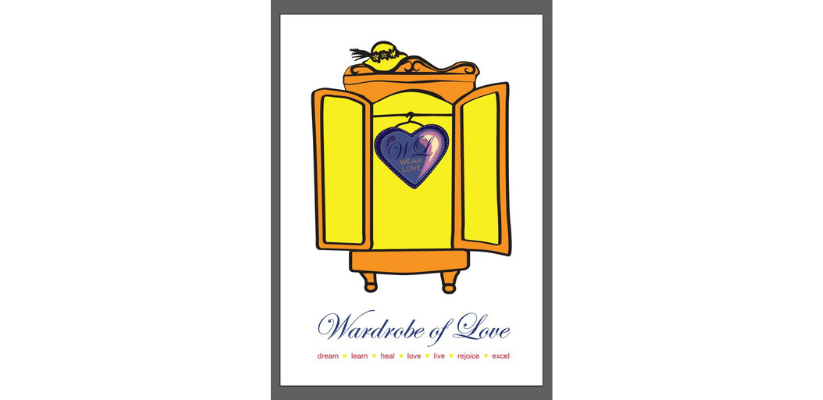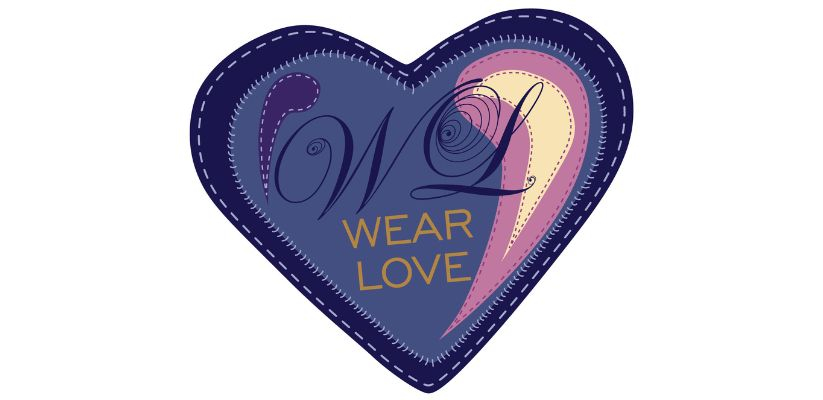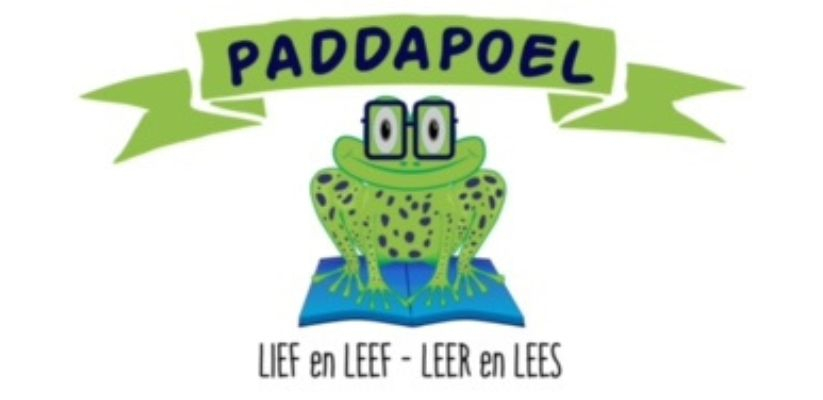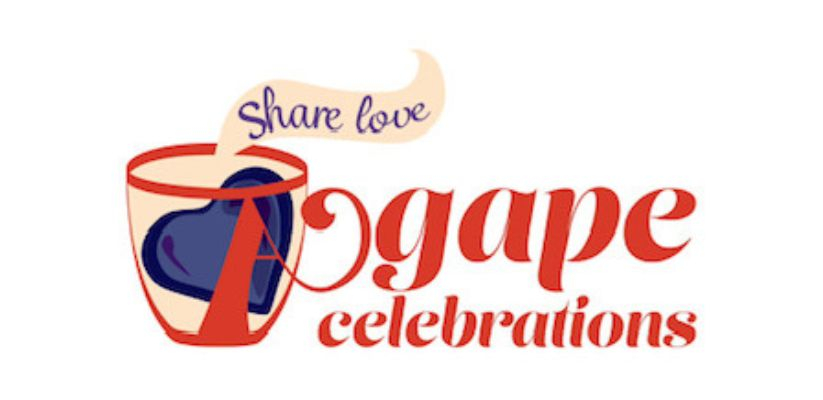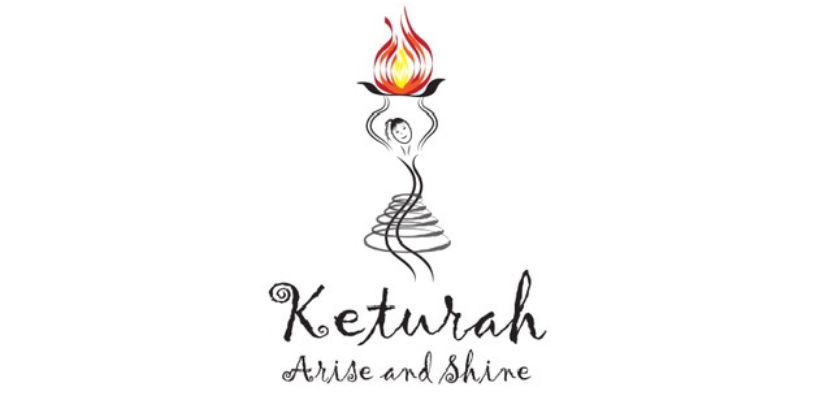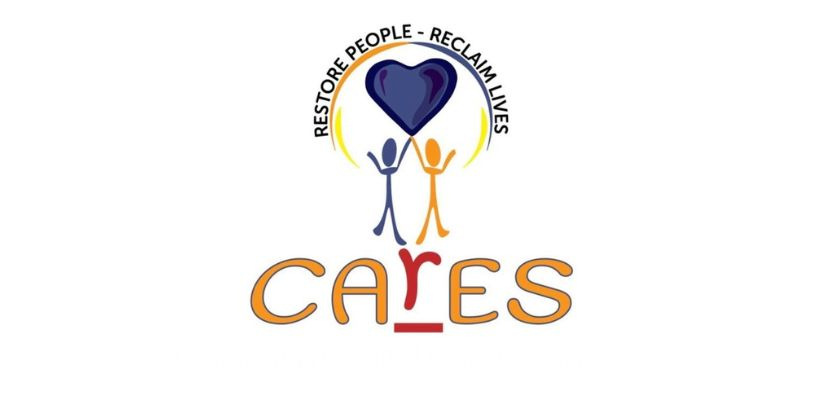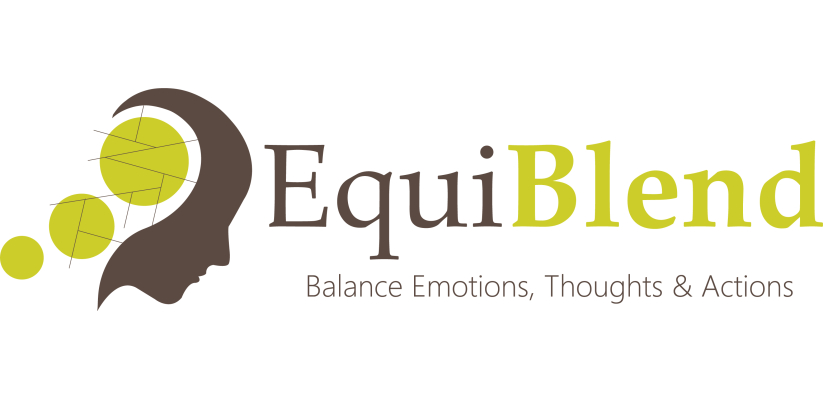The Puzzle of Forgiveness
"Forgiveness is like holding a puzzle piece in my hand; each piece symbolises healing, choices, and the transformative power to let go." Vilia Y Reynolds
Forgiveness is a powerful choice, unlocking the path to inner peace. By understanding our wounds and empathising with others, we reclaim our strength. Trauma may fuel resentment, but forgiving bridges divides, allowing us to complete the puzzle of connection and foster healing in ourselves and those around us. Forgiveness's empowerment is genuinely inspiring, igniting a fire within us to take control of our healing journey.
Forgiveness is often considered a monumental act that requires immense courage and strength. Yet, at its core, forgiveness is a conscious decision to look inward rather than outward. It is about finding inner peace without blaming others or shaming ourselves. Understanding our experiences is crucial to forgiveness, making us introspective and self-aware. Forgiveness emerges as an essential component of emotional logic. It is a process that begins with understanding our own experiences and extends to understanding others.
Imagine forgiveness as a pivotal piece in a puzzle; it could be the first or the final piece that completes a beautiful image. Engaging with unresolved trauma creates blind spots in our perception, acting as barriers to living fearlessly and tapping into our inner strength. When we judge, criticise, and engage in faultfinding, we inadvertently position ourselves against the world, creating an adversarial relationship with life.
My belief, reflected in the idea that "just as we control the completion of a puzzle, so can we control how we find symbiosis with others," resonates deeply with the notion of forgiveness. This perspective emphasises our power in deciding to forgive—not merely to be forgiven but to foster connection and understanding among ourselves and those around us. It's important to remember that forgiveness is not a passive act but a conscious decision that we can make to empower ourselves and others.
The Impact of Trauma on Forgiveness
From my experience as a Certified Trauma Incident Reduction Facilitator (CTIRF), I firmly believe that trauma triggers are among the most significant causes of unforgiveness. Individuals often seek apologies from those who have wronged them as a way to address unresolved and suppressed trauma. This demand for recognition stems from more profound insecurity and usually manifests in a lack of self-forgiveness.
When we demand apologies publicly, we create a façade that aligns with our personal and social insecurities. This behaviour frequently masks a yearning for validation—a craving to be heard and seen, rooted in our childhood experiences. Whether stemming from unstable parenting, single parenthood, or the aftermath of parental divorce or loss, these early experiences shape our psychological landscape. The desire to be recognised, whether through received apologies or public accolades, becomes a mental block that stifles trauma growth, leading to emotional pain.
This emotional state can manifest in the DARVO (Deny, Attack, Reverse Victim and Offender) mode, a psychological defence mechanism. In this mode, instead of engaging with the world as participants, we perceive ourselves as victims, framing our experiences within a narrative of blame and injustice. This perspective fosters an environment of hidden hostility that clouds our ability to forgive and move forward.
Pathways to Healing Through Therapeutic Approaches
The journey toward forgiveness begins with healing, facilitated through various therapeutic approaches, including trauma counselling, behavioural therapy, and life coaching. Each of these methodologies offers unique strategies for integrating past trauma, fostering resilience, and achieving emotional well-being.
The Internal Process of Forgiveness
Ultimately, forgiveness is an internal process that does not need to be announced or validated by others. Instead, it arises organically after meaningful healing has taken place. It is the product of work done within, a testament to personal growth and emotional maturation. This journey of forgiveness signifies our achievement and fulfilment in overcoming our past traumas.
Reflecting on the intricate interplay between trauma and forgiveness, I am reminded that healing invites a shift in perception. Forgiving becomes a personal choice based on understanding rather than an external demand for acknowledgement. This enlightening understanding empowers us to take control of our healing journey. With each puzzle piece falling into place, we can see ourselves as part of the world—a world rich with connections, resilience, and forgiveness.
